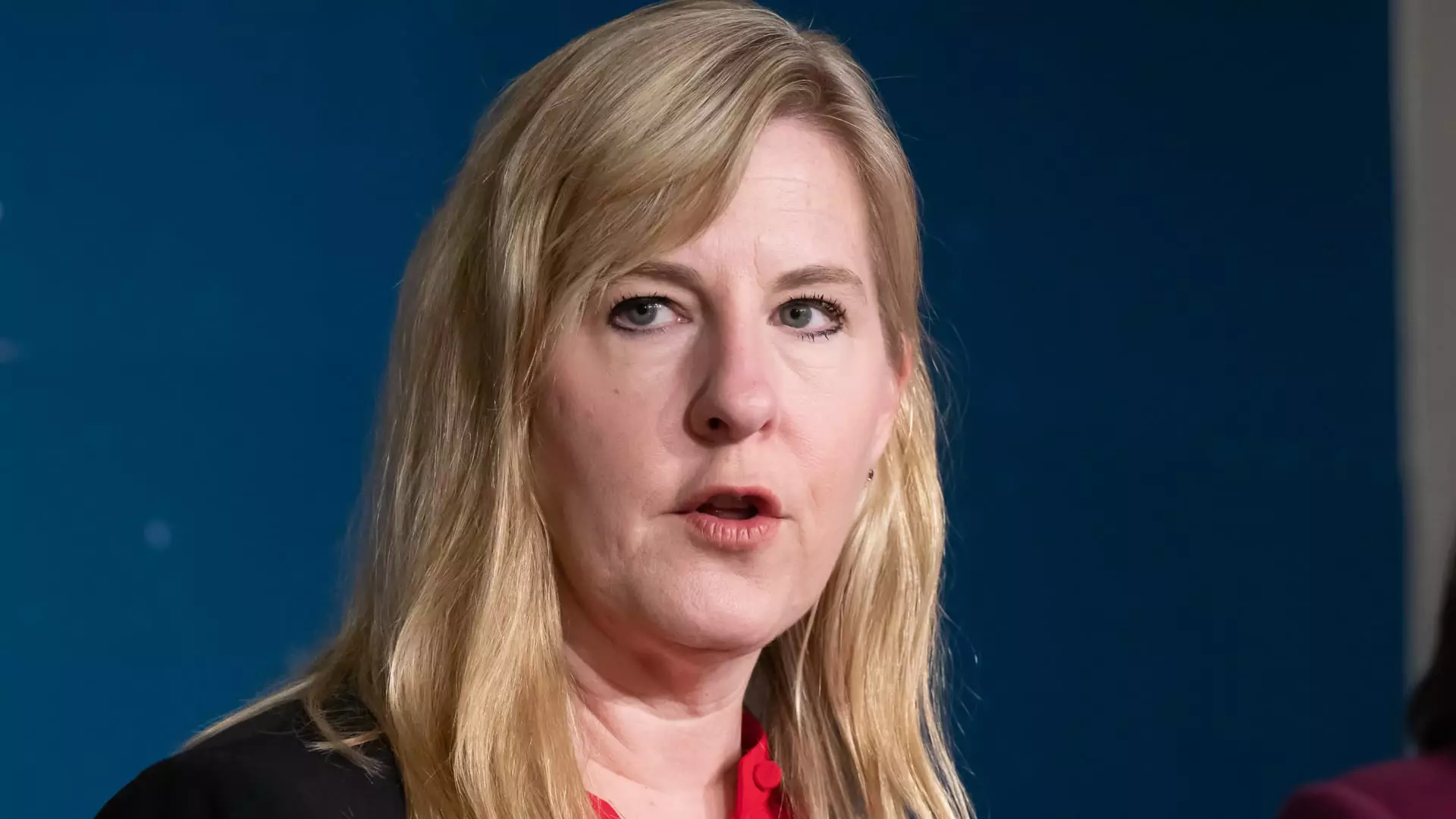The tragic events unfolding in Minnesota, where former House Speaker Melissa Hortman and her husband were brutally attacked, starkly reveal the alarming trajectory of political violence in America. When elected officials become targets for assassination, we must confront the unsettling reality that our democracy, once a thriving forum for dialogue and debate, is slipping into chaos. Governor Tim Walz’s assertion that this was a “politically motivated assassination” is not merely a statement; it is a prerequisite for introspection.
Hortman’s death is not just a loss for her family and friends but an ominous sign for all who value civic engagement. The attack on lawmakers reflects extremism that is creeping into the heart of our governance, manifesting in acts of violence instead of reasoned discourse. The callousness behind these actions is chilling, steering our nation toward a chasm of fear and distrust—elements that can only sap the very energy of democratic participation.
A Politically Charged Climate
This tragic episode in Minnesota serves as a barometer for the dangerous current that has infiltrated American political life. With every passing day, vitriol becomes more commonplace in our discourse, and political figures are often reduced to caricatures rather than treated as human beings deserving of respect. The emergence of a “manifesto” in the suspect’s vehicle—detailing intentions to harm other lawmakers—emphasizes a grotesque reality: that public officials might be next on a checklist of targets.
The fact that these shootings were claimed to be motivated by political malice necessitates a deep and uncomfortable reckoning about the climate we are fostering. The rhetoric espoused by both sides of the aisle—whether amplified by social media, rallying cries, or political advertisements—has increasingly veered toward incitement rather than persuasion. If politicians and their families must look over their shoulders, how do we expect ordinary citizens to engage?
Community and Government Response
In the wake of these shocking events, statements from figures like President Donald Trump and U.S. Attorney General Pam Bondi vow to bring the perpetrators to justice, but such pledges ring hollow if our society does not confront the underlying issues. Addressing the immediate circumstances of these attacks is crucial, yet we must go further and address the toxic political environment that incubates such violence.
Walz’s public safety warning against attending political rallies following the shootings emphasizes the chilling impact of fear on civic participation. A nation that once celebrated its debates now hangs in the balance as fear permeates our political engagements. How can we stand together as a democracy if apprehension stifles our most basic rights to protest and assemble? This moment calls for resilience, but also for introspection about our shared responsibility in creating a safer political atmosphere.
The Role of Extremism
Amid the flood of reactions to this despicable act, the omnipresent issue of extremism surfaces repeatedly. Democratic National Committee Chair Ken Martin accurately identifies these events as a consequence of a larger framework that normalizes aggression and violence. His urgent call for an end to “senseless violence” should echo in the ears of every citizen and politician.
But to dismiss these acts as merely isolated incidents would be naive; they form a chain of escalating violence that mirrors a troubling trend across the nation. Political slander turns into tangible threats when we normalize hostility—fanning the flames of extremism rather than dousing them with reasoned dialogue.
As we watch the manhunt become a nationwide conversation, we must not simply operate in reaction mode. Instead, we ought to analyze our contributions to the current climate. Each tweet, every soundbite, and all public rhetoric holds weight. Now, more than ever, we must navigate our political landscape with an acute awareness of our shared societal responsibility.
In a time marked by both despair and outrage, this helplessness must be coupled with a fierce commitment to rebuilding a culture of respect and dialogue. The sacrifice of leaders like Melissa Hortman should be a clarion call—a rallying point for creating an environment where lawmakers can serve without the specter of violence looming over them.


Leave a Reply